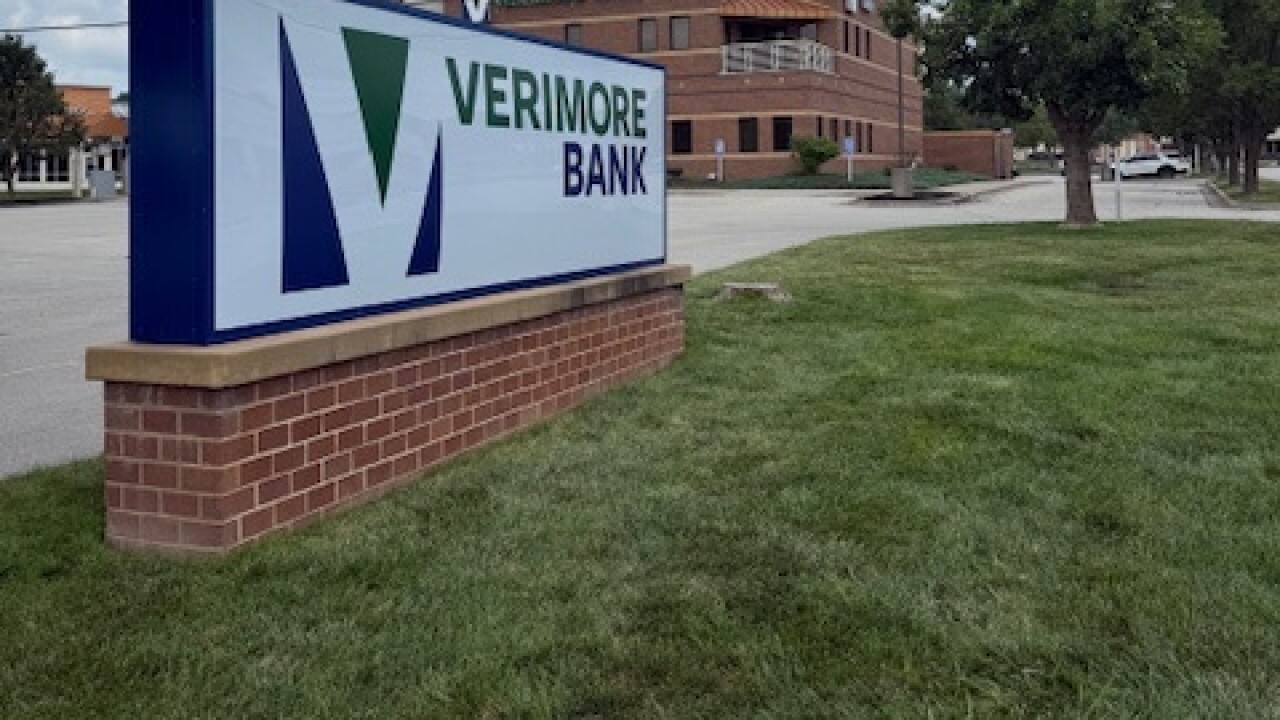The restructuring of MasterCard as a public company has thrown a heavy wrench into the interchange lawsuits, at least as they pertain to MasterCard Inc. and its issuing banks.
Perhaps that is why the merchant plaintiffs recently amended their complaint to say the restructuring is another violation of antitrust law. Their reaction is understandable, because if it succeeds, the merchants could lose quite a bit, especially on interchange damages and opportunities for future antitrust suits against the MasterCard system.
Their problem, it seems, boils down to the allegation that holds their lawsuits together - that competing banks collaborated in their governance of Visa and MasterCard to violate the law.
I believe MasterCard has removed the collaboration issue from the case, because of the firewalls it has erected between the management of the new enterprise and its bank issuers.
Those walls are reflected in MasterCard's new status as a public company with an independent board solely in control of the normal course of its business - its operating rules, product development, and merchant fees.
Because banks will no longer decide merchant fees, the collusion argument apparently has lost much, if not all, of its steam. It has been replaced by a better argument that the fees now deserve to be treated as compatible with antitrust law.
If so, interchange damages might not be allowed beyond the effective date of the restructuring, May 25, 2006. Even worse for the merchants, damages might not be allowed at all before Jan. 1, 2004.
That's because of a release they signed to settle the Wal-Mart class action. Reportedly, the merchants waived all their claims on debit and credit interchange up to that date.
A little back-of-the-envelope math will put the merchants' problem in perspective. If total bank-card interchange from Jan. 1, 2004, to May 25, 2006 was $60 billion and MasterCard's share was only 35% (the rest going to Visa), the amount at risk for the MasterCard camp should not exceed $21 billion.
And it would be lower still - $5 billion or less - were the judge to honor the standards set by foreign governments and the NaBanco decision in the mid-1980s to treat 75-85% of interchange as legal.
Lastly, MasterCard has a good argument to reduce its share of damages even more, because it never collected a penny of interchange. The banks got it all.
While this argument might not erase MasterCard's culpability, it could win sympathy with the jury at trial and leniency from the judge in settlement discussions.
Besides the measurement of damages, the merchants are facing other risks. For example, the Supreme Court could eviscerate their arguments before a trial takes place. So could the feds.
Closer to home, the judge could put off or refuse to declare the case a class action. He could also decide that the Visa and MasterCard businesses have drifted so far apart since the Department of Justice decision that they should no longer be treated as having the market power of a monopoly.
As it is, it's hard to imagine any court attributing market power to MasterCard in light of its declining market share in recent years, its radically altered relationship with bank issuers since the spinoff, and especially if the new MasterCard proves to be a dynamic competitor.
It's also hard to imagine the judge repudiating the Wal-Mart release. The judge in that case, John Gleeson, is the judge of the interchange cases.
His approval of the release carries at least two swords over the heads of the merchants. One is that he will not allow interchange damages before the release date. The other is that his intimate involvement in the discussions that produced the release might cause him to question the seriousness of the plaintiffs' allegations about the horrors of interchange.
The merchants today are virtually the same ones howling three years ago in the Wal-Mart case that interchange was thievery of the worst kind. Yet in a flash they kissed away damages, allegedly worth tens of billions, as though the issue had been only a minor misunderstanding.
A story about Judge Gleeson will tell you how the case might go. In his decision certifying the class in the Wal-Mart case, he scorched Visa and MasterCard for the testimony they presented on the issue, accusing them of being sloppy and unprepared, and of playing games with the court. His mistrust stayed through the rest of the case.
Message to the plaintiffs: Don't play games with Judge Gleeson.
Also, don't overplay the anguish of the merchants, because he knows that virtually none of them are against paying fees to support the bank-card system or in favor of crushing it with the radical demands the lawyers have put in their complaint.
He could decide that the disconnect between what real merchants see as the problem - the inability to negotiate excessive fees - and the massage damages their lawyers have demanded as a remedy are grounds to deny class certification.
To win Judge Gleeson's respect, the merchants should withdraw their dispute about MasterCard's restructuring, praise it as a clean start for the system, and agree to a balanced settlement with MasterCard and its issuers, or just MasterCard alone.
This kind of pragmatism will generate important market effects that will enhance merchant credibility and the fundamental goals of antitrust law. A freed and legally safe MasterCard will be more innovative and competitive, not to mention irresistible to Visa's issuers. Who knows? Without banks holding it back, MasterCard might even find a way to invite merchants to become direct participants in its system. Think of the competition that would ignite.





